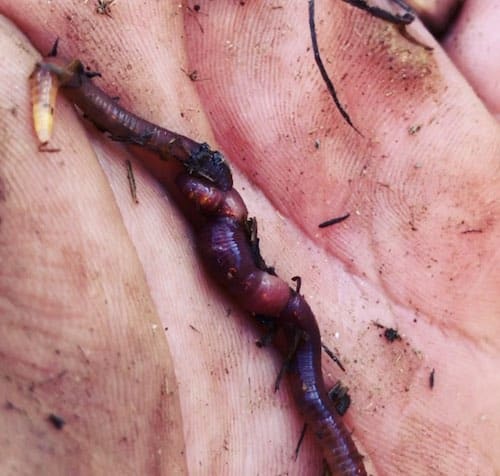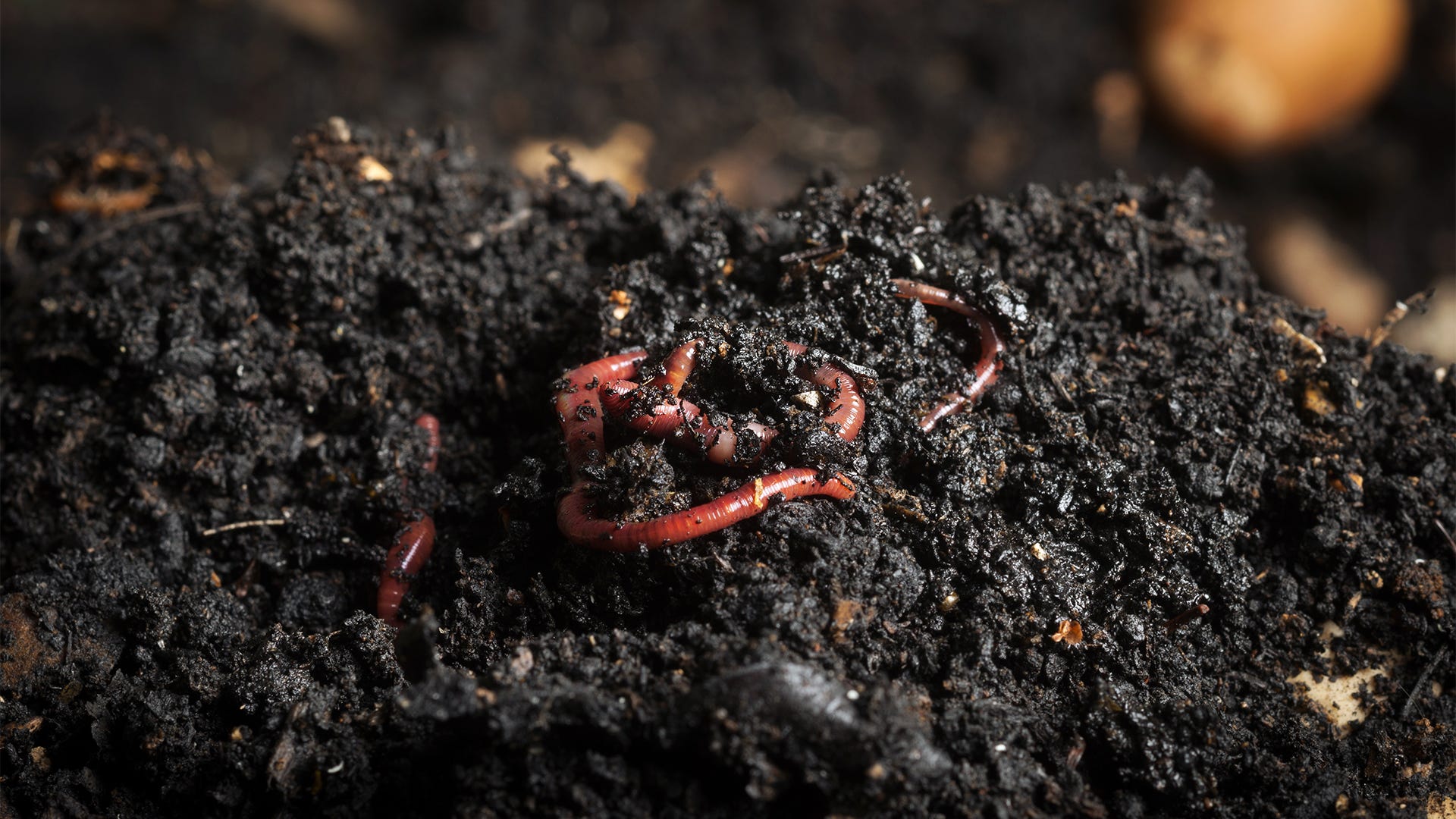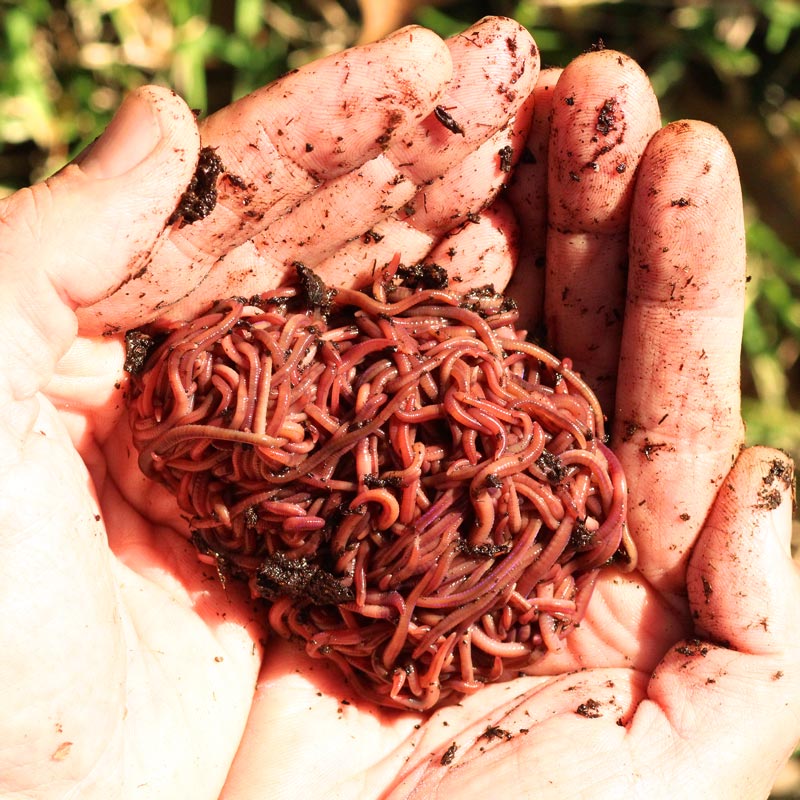Red Wiggler Worms - Effective Decomposers for Your Garden Compost Bin
Red Wiggler Worms - Effective Decomposers for Your Garden Compost Bin
Blog Article
Red Wiggler Worms Demystified: Opening the Tricks of Vermiculture for Greener Living and Nutrient-Rich Soil
In the realm of sustainable practices for improving soil high quality and advertising eco-conscious living, red wiggler worms play an essential yet usually ignored role. These humble animals possess the exceptional ability to change natural waste into nutrient-rich spreadings that work as a potent all-natural fertilizer. By diving into the globe of vermiculture, one can reveal a wide variety of advantages that extend much beyond standard composting methods. Recognizing the ins and outs of looking after these worms, optimizing their setting, and utilizing their castings can lead to a greener way of life and healthier dirt for plants to flourish.
The Function of Red Wiggler Worms
Red Wiggler worms play a vital function in composting systems by efficiently breaking down raw material right into nutrient-rich spreadings. These voracious eaters consume a variety of organic products, such as kitchen area scraps, lawn waste, and paper products. As they feed, the worms' digestion procedures break down the raw material into a penalty, dark, and nutrient-dense product recognized as worm castings or vermicompost.
The spreadings produced by Red Wiggler worms are highly beneficial for soil health and wellness and plant development. They are rich in vital nutrients like potassium, nitrogen, and phosphorus, which are important for supporting healthy and balanced plant growth. In addition, worm spreadings include helpful germs and enzymes that help improve dirt structure, increase water retention, and improve nutrient uptake by plants.
Benefits of Vermicomposting

Furthermore, vermicompost, the nutrient-rich end product of vermicomposting, functions as an outstanding natural fertilizer and dirt conditioner. It improves soil framework, enhances dirt oygenation, and enhances soil dampness retention. These residential or commercial properties add to much healthier plants with more powerful origin systems and much better resistance to parasites and illness. Vermicompost also enriches the dirt with important nutrients like phosphorus, nitrogen, and potassium, advertising plant growth and total soil fertility.
Furthermore, vermicomposting assistances lasting horticulture techniques by providing a chemical-free and all-natural alternative to synthetic plant foods. Red Wiggler Worms. This ecologically friendly method not just improves the dirt yet also helps in reducing dependence on dangerous chemicals, advertising a greener and a lot more lasting way of gardening
Establishing a Worm Container
When developing a worm container for vermicomposting, proper arrangement is essential to make certain the success of the composting procedure. The very first action in establishing up a worm bin is choosing an ideal container.
After adding the bedding, introduce the red wiggler worms to the bin. The worms must then be given with food scraps such as fruit and veggie peels, coffee grounds, and eggshells.
Routinely monitor the dampness levels and temperature level in the worm bin to make sure optimal conditions for the worms. With proper arrangement and maintenance, the worm container will successfully transform organic waste right into nutrient-rich garden compost for your plants and garden.
Collecting Worm Castings
To effectively gather nutrient-rich worm spreadings from your vermicomposting system, a systematic harvesting method is essential. There are a few vital steps to comply with to guarantee a successful process when it comes time to collect the worm castings. To start with, quit including fresh food scraps to one side of the worm bin for a number of weeks before harvesting. This motivates the worms to migrate sideways with fresh bedding and food, making it simpler to scoop out the spreadings from the opposite side.

Troubleshooting Common Issues
Determining and addressing common difficulties that may emerge throughout the vermicomposting process is important for preserving a productive and healthy and balanced worm container. One typical issue that vermicomposters encounter is overfeeding. Adding excess food scraps can cause an accumulation of moisture and acidity in the worm container, possibly damaging the worms. To stop this, feed the worms in moderation, ensuring that the food scraps are effectively damaged down prior to adding a lot more. Another concern this link is undesirable smells originating from the worm container. Foul scents show anaerobic problems, normally created by overwatering or inadequate ventilation. To treat this, readjust the moisture levels by adding dry bed linens materials like shredded paper or cardboard and increase aeration view it now by transforming the bed linens on a regular basis.
Furthermore, if the worm population is declining or the worms show up undesirable, it could be due to environmental stressors such as severe temperatures or pH degrees. Keeping an eye on these aspects and making required changes is important for the health of the worms. By troubleshooting these common concerns without delay, vermicomposters can guarantee a smooth and successful vermicomposting procedure while keeping a thriving worm populace.

Conclusion
In verdict, red wiggler worms play an essential role in vermiculture by damaging down organic issue into nutrient-rich dirt. The advantages of vermiculture consist of greener living and enhanced soil high quality. Setting up a worm bin is necessary for successful vermiculture, and gathering worm spreadings gives valuable garden compost for gardening. By recognizing and troubleshooting common problems, individuals can unlock the keys of vermiculture for lasting living and healthier dirt.
As they feed, the worms' digestion procedures damage down the organic matter right into a fine, dark, and nutrient-dense material recognized as worm castings or vermicompost.
The spreadings produced by Red Wiggler worms are extremely useful for dirt health and plant growth. Including excess food scraps can lead to an accumulation of moisture and level of acidity in the worm bin, possibly damaging the worms.Furthermore, if More hints the worm populace is declining or the worms appear harmful, it could be due to environmental stress factors such as severe temperature levels or pH levels. Establishing up a worm container is important for successful vermiculture, and gathering worm spreadings gives useful garden compost for horticulture.
Report this page